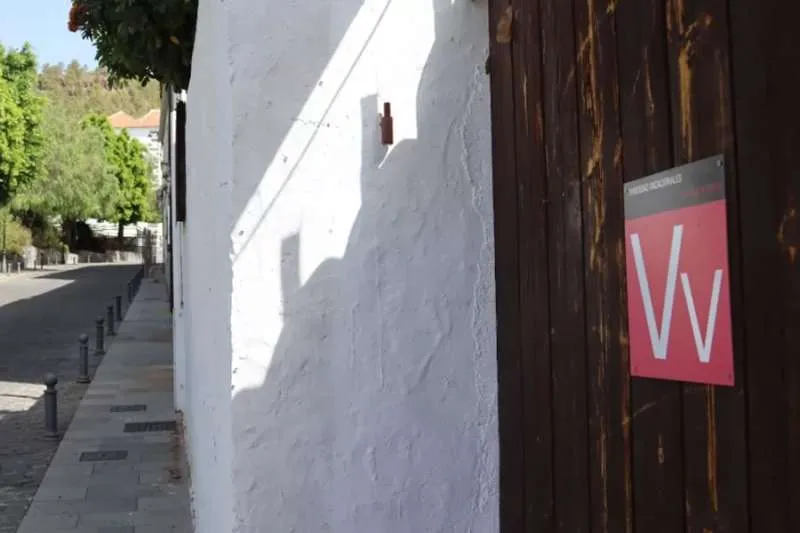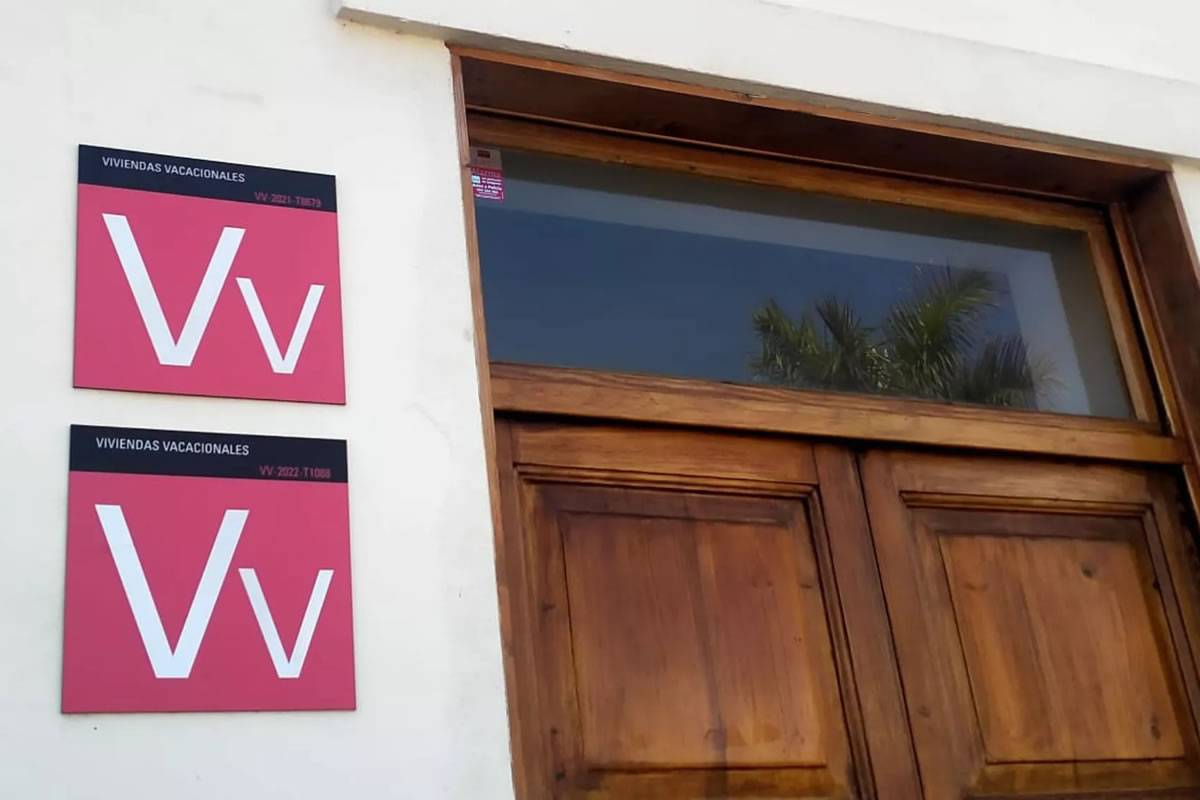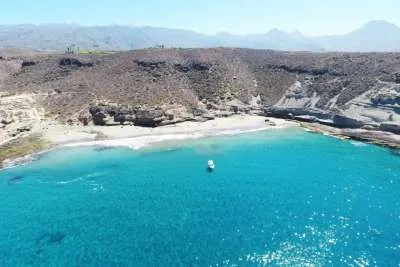First inspection of VV licences in the Canary Islands leads to 134 being revoked
- 07-02-2025
- National
- Canarian Weekly
- Photo Credit: CW
The Cabildo of Lanzarote has conducted the first large-scale inspection of VV licences for holiday lets in the Canary Islands, resulting in 134 being revoked. The properties affected are now only allowed to be used for traditional rental use, i.e. long-term lets.
This initiative, at this stage covering licences issued between 2017 and mid-2018, marks the first time a local authority has proactively reviewed existing holiday rental licences.
The review comes ahead of the anticipated approval of a new holiday rental law, which began its parliamentary process yesterday, Thursday. Once enacted, the law will require town councils and cabildos to inspect more than 50,000 existing licences across the Canary Islands.
Although local authorities already had the power to conduct such reviews under urban planning regulations, the new legislation will make this process mandatory.
Lanzarote Leads the Way
Lanzarote is the first island in the archipelago to undertake a comprehensive audit of its holiday rental licences. During this initial review, 134 licences were revoked due to non-compliance, specifically the failure of operators to submit a valid certificate of habitability and an individualised cadastral reference.
Jesús Machín, Councillor for Territorial Planning, Tourism Planning, and Regulated Activities at the Cabildo of Lanzarote, announced the results of the inspection during a session of the Canary Islands Parliament's Cabildos Commission.
Strict Review Process for Holiday Rentals
Machín detailed the rigorous process undertaken to review the licences. “For every property registered with the Canary Islands Government, we conduct a thorough examination. This includes an official hearing process, a period for corrections, and, if all options for compliance are exhausted, we declare the activity unviable,” he stated. Properties that lose their holiday rental status must then be made available for traditional long-term rental.
This marks the first systematic review of VV licences. Previously, they had only been revoked in isolated cases, often due to complaints about unregulated establishments or even unconventional holiday lets, such as vehicles or shacks being advertised for holiday lets. Following Lanzarote’s example, the municipality of Granadilla in the south of Tenerife, is also working on its own regulations to review this sector.

Challenges for Local Authorities
Once the new holiday rental law is approved, expected by the end of the year, local councils will face a significant administrative burden in reviewing licences. Representatives from various cabildos voiced their concerns during Thursday’s parliamentary session, citing limited resources and staff shortages as major obstacles to carrying out this work effectively.
Councillor Machín urged lawmakers to strike a balance in the new regulations. He pointed out that, particularly on the smaller Canary Islands, many families rely on holiday rentals to finance their children’s education.
He also called for consideration of local councils' capacities, stressing that “many municipalities simply do not have the personnel to take on the new responsibilities that will come with this law.”
Appeals for a Balanced Approach
Other representatives echoed these concerns. Nereida Calero, Councillor for Territorial Planning at the Fuerteventura Cabildo, called for “sensitivity” in setting deadlines for compliance, acknowledging the staffing constraints faced by local governments.
Meanwhile, José Miguel Ruano, Councillor for Territorial Planning at the Tenerife Cabildo, advocated for an immediate moratorium on new holiday rental licences. He called for urgent action via a government decree to halt the continued expansion of the sector while authorities work on enforcing the new regulatory framework.
As the Canary Islands move towards stricter regulation of holiday rentals, the actions taken in Lanzarote signal the beginning of a broader effort to bring greater oversight to the industry, balancing tourism development with local housing needs.
Other articles that may interest you...
Trending
Most Read Articles
Featured Videos
TributoFest: Michael Buble promo 14.02.2026
- 30-01-2026
TEAs 2025 Highlights
- 17-11-2025



























































